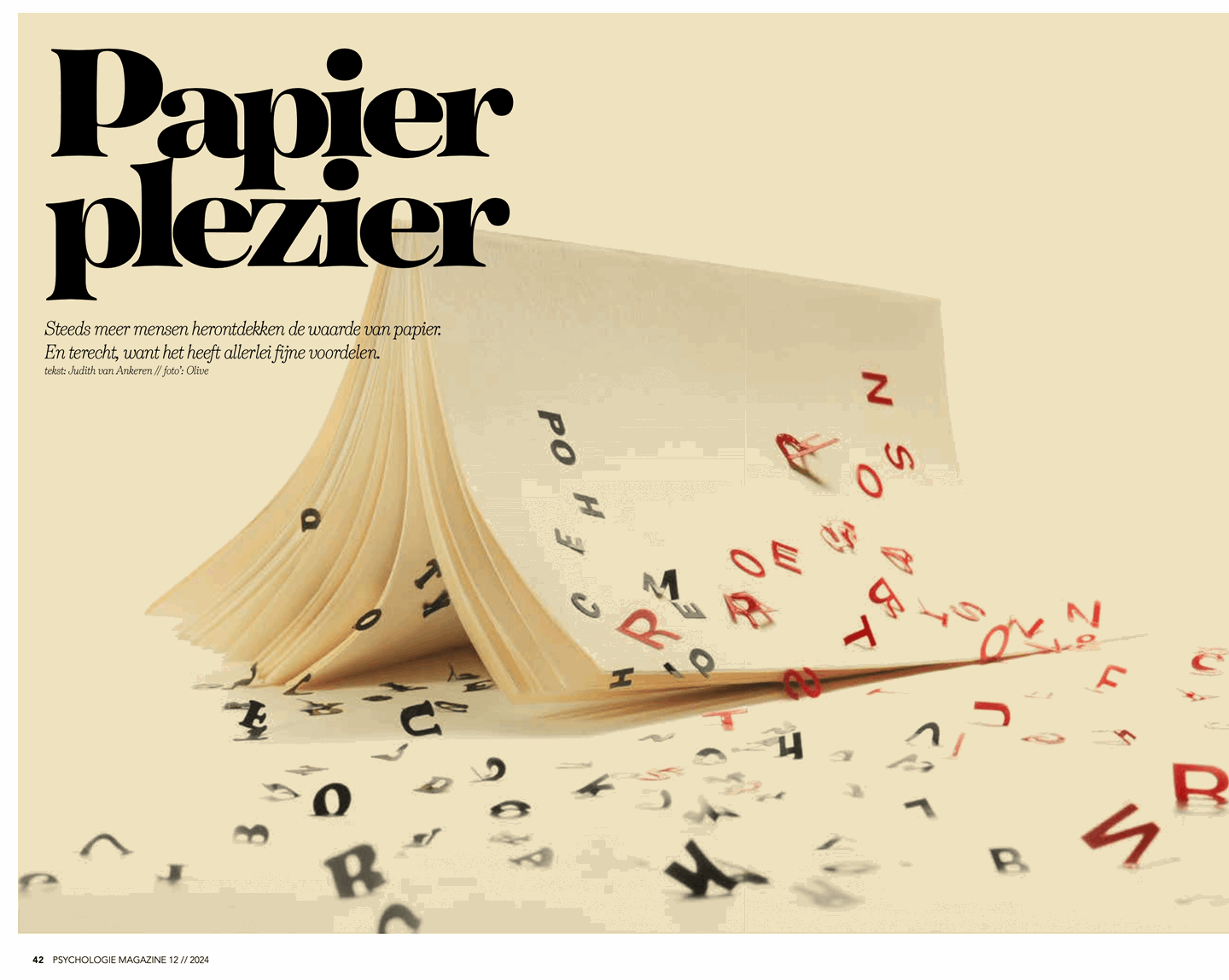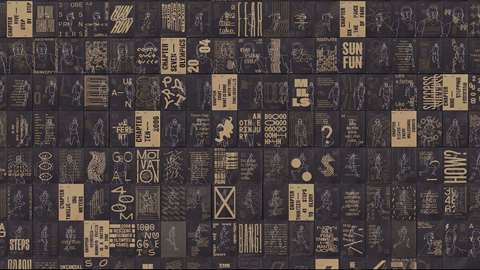The intuitive approach of Flow
Flow magazine, known for its focus on mindfulness, creativity, and small joys, was launched in the Netherlands in 2008, quite literally from the attic of a house. Since then, it has weathered significant changes in the publishing landscape. From transitioning between publishers - moving from Sanoma to WPG, and then to Roularta - to facing industry-wide declines in magazine sales, Smit has navigated these challenges with a steadfast belief in the magazine's core values.
"I still stand by my statement that I do not believe in driving by numbers or doing things because someone thinks it sells better," Smit asserts. "I just don't believe it works that way. I still believe that Flow is proof that if you have something on your feeling, that works."
This intuitive approach has served Flow well. The magazine remained relatively resilient in the face of declining sales for longer than many of its counterparts. This month, Flow Magazine's editorial team was recognised for their exceptional work, winning the award for best editorial team at the Dutch Mercurs, the prestigious trade awards for magazine media. However, current industry-wide trends have begun to affect Flow as well, presenting new challenges for Smit and her team.
Dare to stand out
One of the most striking aspects of Smit's approach is her unwavering belief in the power of paper. In a world increasingly dominated by digital media, Flow magazine stands out for its tactile quality and emphasis on physical interaction with content.
Smit has become an advocate for the role of paper in mental health, giving lectures on how paper can contribute to wellbeing. This focus on the tangible aspects of reading and creativity aligns perfectly with Flow's ethos of mindfulness and slow living.
Psychologie magazine, now under Smit's editorial direction, recently published an article exploring five reasons why we love paper:
- Improved reading skills: Reading from paper improves reading comprehension. Research shows that we understand and retain information better when reading from paper compared to a screen.
- Better concentration: Paper is less distracting than a screen. You can concentrate better and remember the information more effectively.
- Less screen time: We already look at screens so much. Reading from paper is a good way to give your eyes a rest.
- Enhanced creativity: Drawing, writing, and crafting with paper stimulates creativity.
- Relaxation: Paper provides calm. It feels nice and smells good. Moreover, you can easily make notes on it.








